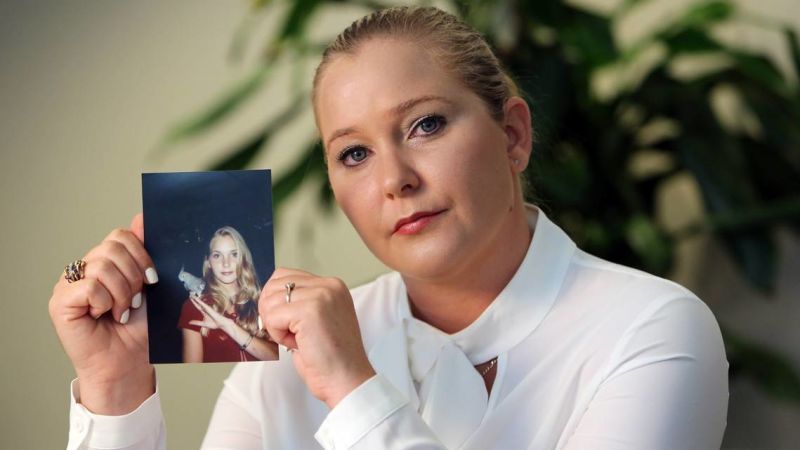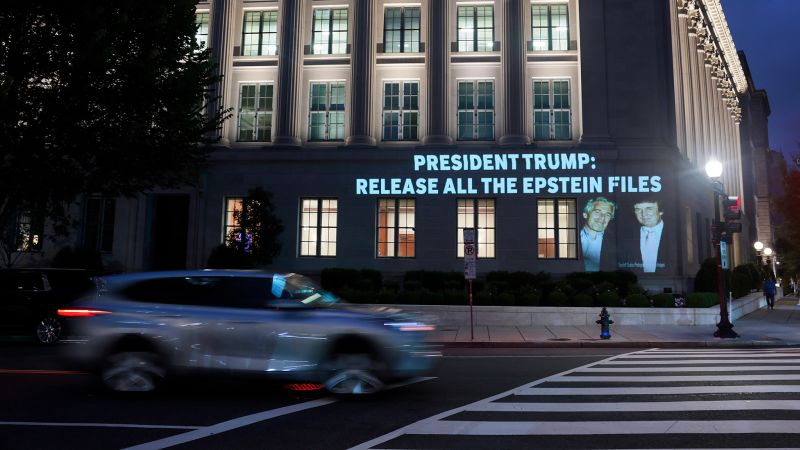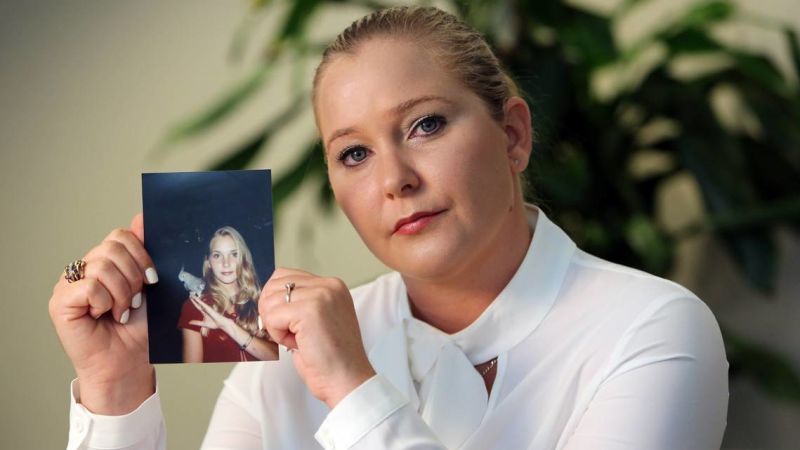
Legal Battle Over Epstein Case Transcripts
Opinion | 8/5/2025
In a significant legal development, victims of Jeffrey Epstein have voiced strong opposition to what they perceive as the public legitimization of Ghislaine Maxwell, Epstein’s alleged co-conspirator. The victims emphasized their concerns during proceedings where a federal judge is deliberating on the unsealing of grand jury transcripts, underscoring the need to prioritize their privacy rights in this judicial decision.
The objections raised by the victims shed light on the delicate balance between transparency in legal processes and safeguarding the privacy and dignity of those affected by high-profile cases. As the judge weighs the fate of the Epstein grand jury transcripts, the voices of the victims are crucial in shaping the outcome of the proceedings.
One unnamed source close to the case remarked, “The victims have endured immense trauma and deserve to have their voices heard and their rights protected throughout this legal process.” This sentiment underscores the deep-seated concerns surrounding the potential disclosure of sensitive information that could further intrude upon the privacy of the victims.
Legal experts point to the historical significance of balancing the public’s right to information with the imperative of upholding the rights and well-being of victims in cases of this nature. The court’s decision on whether to unseal the grand jury transcripts will have far-reaching implications for the ongoing legal scrutiny surrounding Epstein’s alleged crimes and Maxwell’s involvement.
As the proceedings unfold, the clash between the demand for transparency and the protection of victim privacy underscores the complex ethical considerations at play in high-profile cases. The judge faces a weighty decision that will not only impact the legal trajectory of this case but also set precedents for future proceedings involving sensitive and contentious subject matter.


